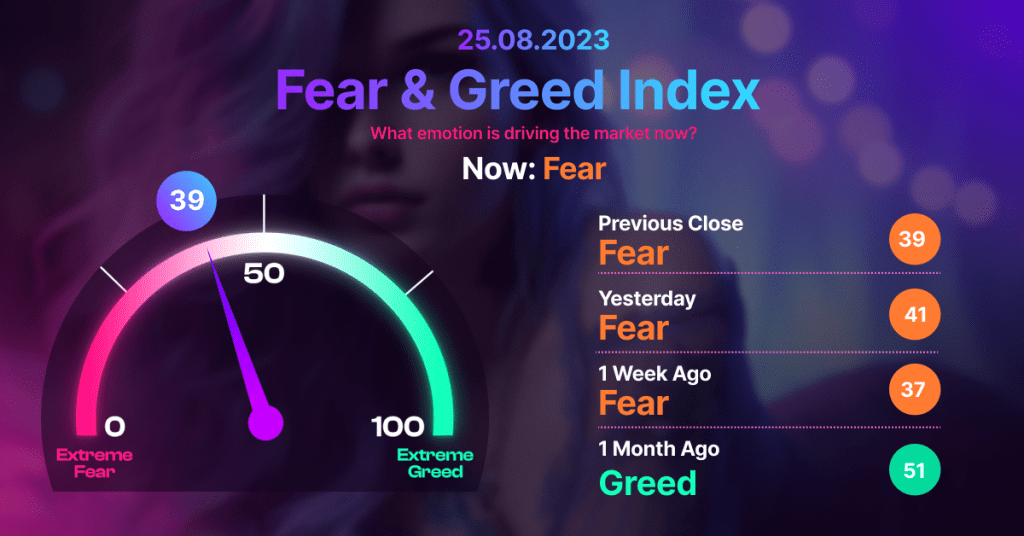Rug pull rumors negatively affected PEPE and it lost nearly 30% of its value; Mastercard and Binance end crypto card partnership; Bitcoin-backed real estate loans in the Cayman Islands
The price of the frog-themed meme token Pepe (PEPE) has been on a downward spiral after recent changes to its multisig wallet, where multiple users combine and manage their assets, and new token transfers have raised fears of potential rug pull scams by its developers.

The rug pull allegations came to light the other day when developers sent $16 million worth of PEPE from the multisig wallet to various crypto exchanges.
According to data published by blockchain custody application Safe Global, the wallet address transferred 16 trillion Pepe tokens to three separate exchanges and an unverified wallet address.
It found that $8.2 million worth of Pepe was transferred to OKX, $6.5 million to Binance and $434,000 to Bybit. The remaining $400,000 was transferred to an unknown wallet.
Following the transfer of 16 trillion Pepe to exchanges, the developers made an interesting change to the team’s multisig wallet, which at the time of publication still contained $10 million worth of Pepe.
Data from Etherscan shows that the wallet now requires only two out of eight signatures to confirm a transfer.
Mastercard and Binance end crypto card partnership
The partnership between payments giant Mastercard and cryptocurrency exchange Binance is coming to an end.
Mastercard and Binance’s four crypto card programs in Argentina, Brazil, Colombia and Bahrain will end on September 22.
Binance-based credit cards allow users to pay with fiat currencies using crypto assets on the exchange.
Mastercard has a similar partnership with Gemini. A spokesperson for the company stressed that the move will not affect any of Mastercard’s other crypto card programs.
The world’s largest exchange continues to struggle with pressure from regulators. The Securities and Exchange Commission (SEC) sued Binance and its founder in June. The allegations include the sale of unregistered securities.
Raj Dhamodharan, Mastercard’s head of crypto and blockchain, said last April that the company was looking for more partnerships.
A Mastercard spokesperson declined to comment on why the partnership with Binance ended.
Binance has not yet responded to a request for comment.
Binance’s customer support account on X said in a statement today that Binance credit cards will no longer be available to users in the Middle East and Latin America.
It is possible to buy a house in the Cayman Islands with Bitcoin-backed real estate loans
The Cayman Islands have long been one of the most important tourist destinations. It is now possible to own real estate in the archipelago using BTC-backed loans.
Bitcoin banking company Ledn, which is registered with the Cayman Islands Monetary Authority as a virtual asset service provider (VASP), is offering Bitcoin holders a new service where they can use their assets to invest in real estate on the islands.
With this method, investors can also reach the point where they can obtain citizenship in the islands. Buying $2.4 million worth of real estate in the Cayman Islands allows investors to be granted permanent residency.
Ledn CEO Adam Reeds also revealed the details of the new partnership with local real estate agency Parallel, which facilitates the sale of cryptocurrency-based property in the Cayman Islands, and said:
“It will provide crypto-backed loans to real estate buyers in the Cayman Islands, which Parallel will accept as a means to finance purchases. Parallel will only accept the borrowed funds if they are lent by Ledn. In this sense, the partnership is an exclusive one. “
According to Reeds, Parallel will convert to fiat money if the buyer or seller makes a cryptocurrency payment.
Adam Reeds continued his words as follows:
“Parallel is a crypto-centric real estate broker in the Cayman Islands. Therefore, users can now finance their real estate purchases completely without fiat money.”
While it is possible for cryptocurrency holders to pay for a property in the Cayman Islands with cryptocurrency through Parallel, Reeds emphasized that investors can use some of their BTC holdings as collateral without selling them.
Adam Reeds concluded his remarks as follows:
If Bitcoin goes up, your loan-to-value ratio goes down, so your house appreciates. So does the asset you’re borrowing against.



